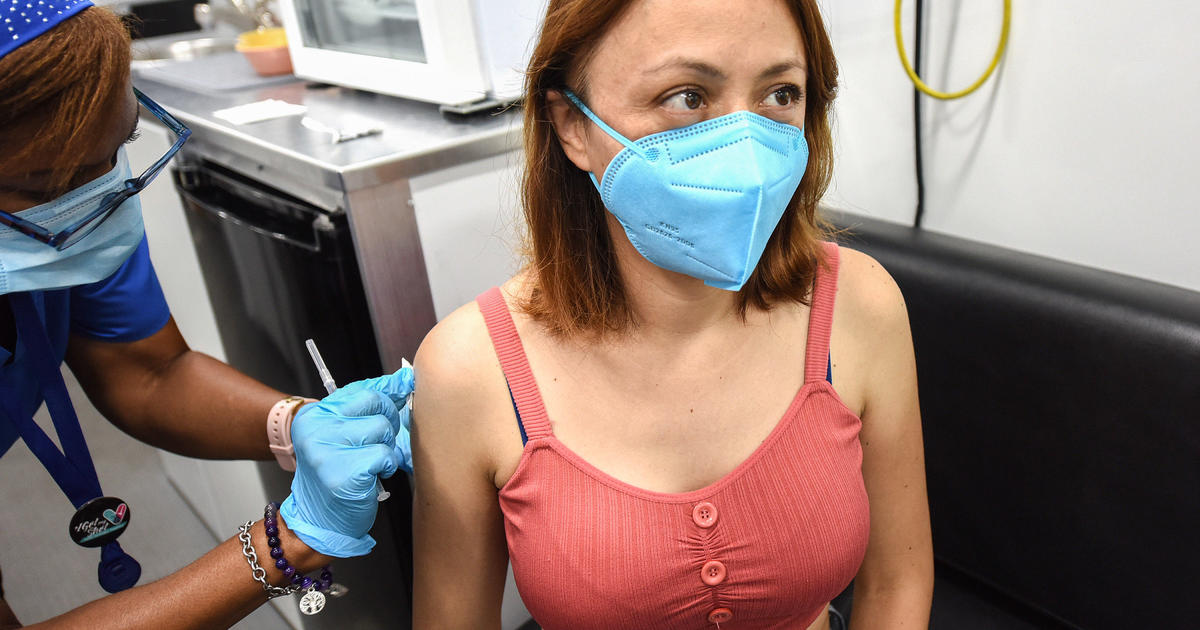
Watch Live: U.S. health officials recommend COVID-19 vaccine boosters
CBSN
Washington — Federal health officials said Wednesday that vaccinated Americans will need to get booster shots eight months after receiving their second dose of a COVID-19 vaccine to maximize its protection against the virus and extend its durability.
The nation's leading public health and medical experts from the Department of Health and Human Services announced in a joint statement that the Biden administration is prepared to begin offering the boosters the week of September 20 and starting eight months after Americans received their second doses of Pfizer and Moderna's two-shot vaccines. Americans who were first to get vaccinated against COVID-19 — health care providers, nursing home residents and the elderly — will likely be eligible for a booster late next month, the public health officials said. The Biden administration will also launch efforts to deliver boosters directly to residents of long-term care facilities.
Vice President JD Vance and Ukrainian President Volodymyr Zelenskyy held a high-stakes meeting at this year's Munich Security conference to discuss the Trump administration's efforts to end the war in Ukraine. Vance said the U.S. seeks a "durable" peace, while Zelenskyy expressed the desire for extensive discussions to prepare for any end to the conflict.

Washington — The Trump administration on Thursday intensified its sweeping efforts to shrink the size of the federal workforce, the nation's largest employer, by ordering agencies to lay off nearly all probationary employees who hadn't yet gained civil service protection - potentially affecting hundreds of thousands of workers.

It was Labor Day weekend 2003 when Matt Scribner, a local horse farrier and trainer who also competes in long-distance horse races, was on his usual ride in a remote part of the Sierra Nevada foothills — just a few miles northeast of Auburn, California —when he noticed a freshly dug hole along the trail that piqued his curiosity.










